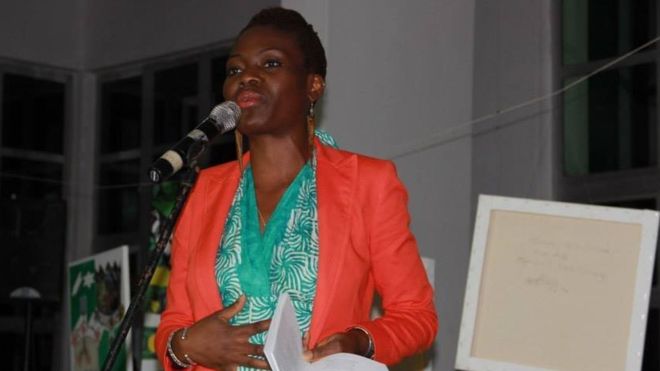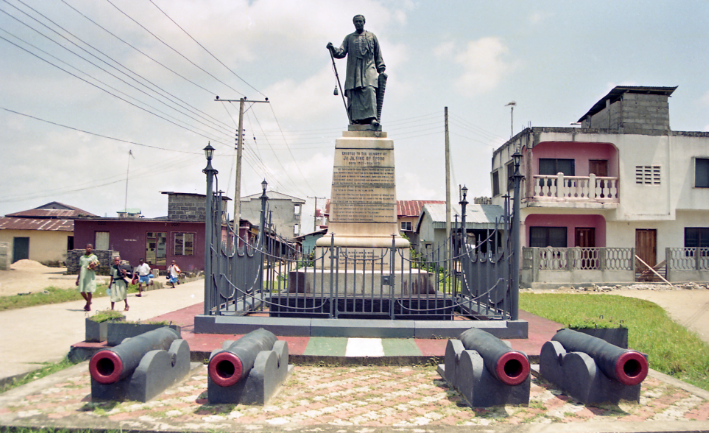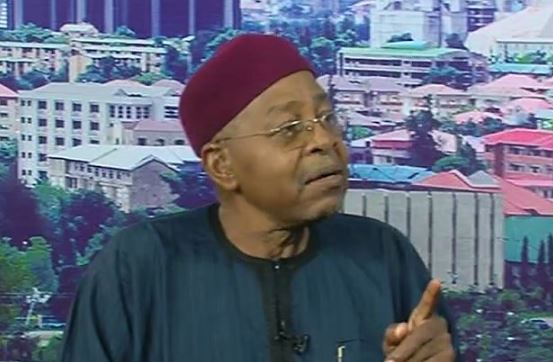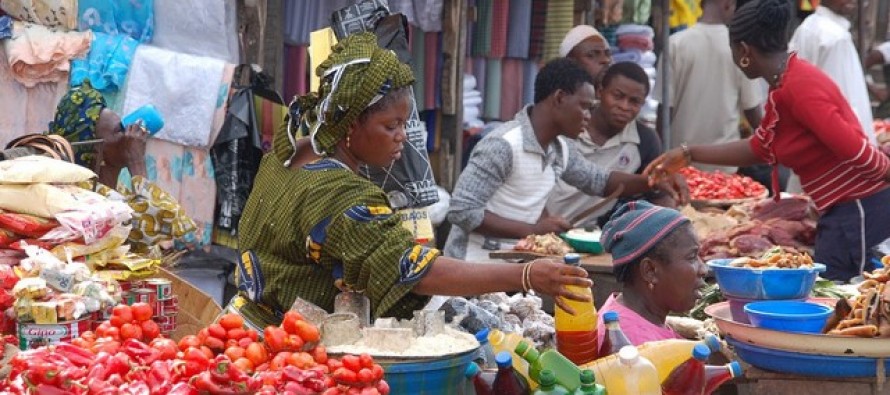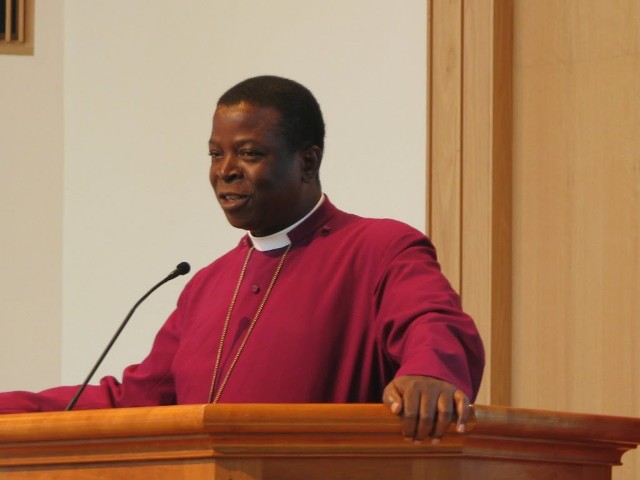When Lolade Siyonbola drifted off to sleep in her dorm’s common room, she couldn’t have dreamt that she was about to find herself in the middle of a racial discrimination conversation.
“You’re not supposed to be sleeping here. I’m going to call the police. I have every right to call the police. You cannot sleep in that room,” she was told by Sarah Braasch, a philosophy PhD student who cut her sleep short and reported her to the police.
Siyonbola was forced to prove her identity after the police responded to Braasch’s call that a black student had slept off on a couch in Yale’s Hall of Graduate Studies.
The Nigerian graduate student, whose experience made headlines across the world, says the war against racism is far from being over.
Advertisement
AMERICA ‘GENERALLY UNSAFE’ FOR BLACKS
Siyonbola, a native of Ijebu Ode, Ogun state, says she has been living in the US for over two decades.
When asked by TheCable if she felt safe, she said, “America is generally unsafe for black people”.
In the past few years, cases in which unarmed African-Americans were killed by police gained national prominence, leading to the formation of the #BlackLivesMatter movement.
Advertisement
The widespread occurrence of racial discrimination against “black people” has given life to university campus groups and renewed agitation against racial inequality.
In Siyonbola’s university, the conversation exists but she says “nothing sufficient” is being done by the institution’s management.
“Over the years they have increased recruitment of Black students, but there is still a long way to go,” she said.
“What they need now is a structured office for addressing racial discrimination and enforcing punitive measures for such transgressions.”
Advertisement
She, however, added that some organisations have been giving support to black victims of racial discrimination.
“Due to the US’s history of racism and racial terror, there is an infinite number of organisations who are doing this work and have been for generations,” she told TheCable.
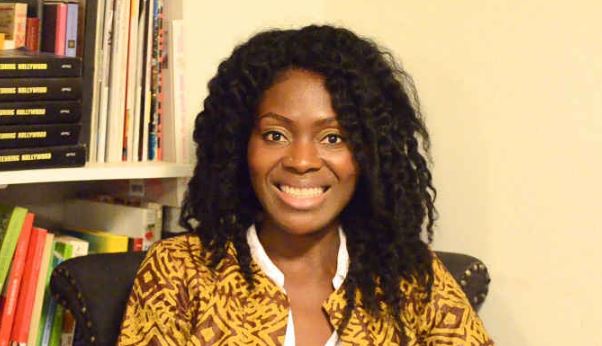
‘WITHOUT HISTORY, MISTAKES WILL BE REPEATED’
Despite spending most of her time in the US, Siyonbola touches base with home; physically, as often as she can, and also by keeping tabs on developments.
She lamented the fact that history is not generously taught in Nigerian schools, saying an adequate understanding of the past is imperative “for us to move forward”.
Advertisement
This, she said, would help the youth repeat the successes, not failures, of their forefathers.
“My understanding of the Nigerian education system is that history education has been increasingly minimized. This means we are raising generations set to repeat the mistakes of our forefathers,” she told TheCable.
Advertisement
“I urge every Nigerian to study Nigerian history, specifically the wars and the greed that devolved into the Transatlantic Slave Trade, the Independence Movement, the Biafra War.
“In order for us to move forward with creative, sustainable, effective strategies we need a populace that is deeply aware of accurate history and that is committed to not repeating the failures of our forefathers, only their successes.”
Advertisement
Siyonbola said she hopes her experience will help Nigerians have a better knowledge of race relations in the US.
“I hope that more Nigerians, through this, can gain a better understanding of race relations in America and globally,” she said.
Advertisement
Add a comment

